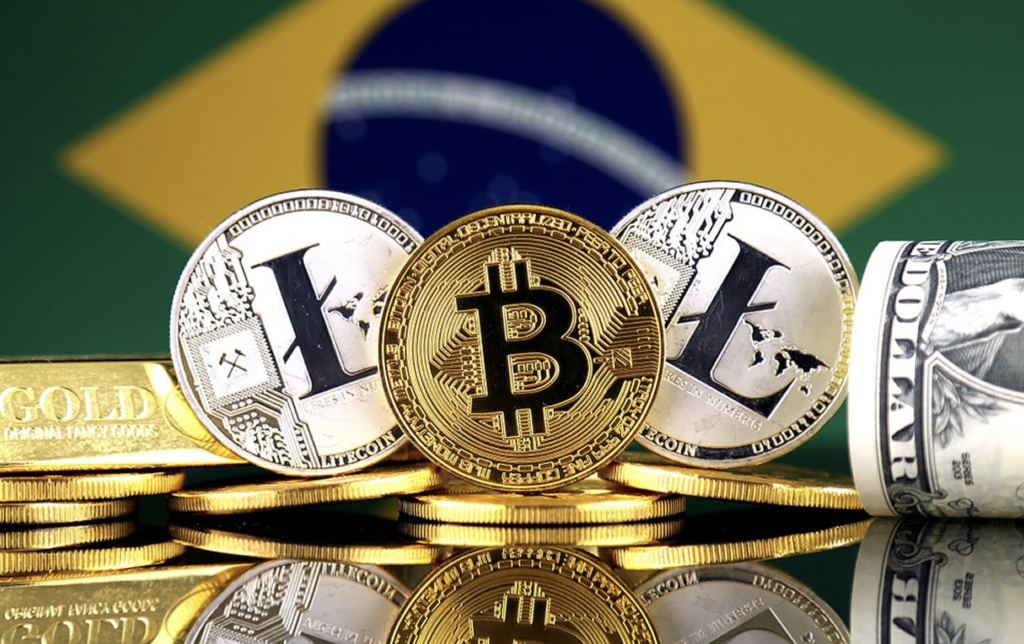Brazil has joined the list of crypto-friendly nations today after it recently legalized the use of cryptos for making payments within the country. The bill signed by the Brazilian president has now made it possible for the residents to utilize the virtual assets including Bitcoin, Ethereum (ETH), Cardano, Dogecoin, Litecoin, etc in sending and receiving payments within the country. Does this mean crypto has become a legal tender in the country? What impacts will this have on the Brazilian economy? Can crypto bring about growth and development in the Brazilian economy? This work has examined these important questions.
Brazil legalizes crypto as means of payment within the country
Brazilian President Jair Bolsonaro has signed the bill into law for the legalization of Cryptocurrency as a means of payment within the country. The bill to recognize cryptocurrencies as a means of payment was initially approved by the Brazilian Chamber of Deputies earlier on November 30, before it was passed on to the president for final executive approval.
This bill, however, does not imply approving crypto as a legal tender in the country today but only as a means of payment.
Notwithstanding, the current move could also be regarded as the preliminary test on the use of cryptocurrencies as means of payment in the country, which could further lead to recognizing them as a legal tender in the future.
The new law further set some penalties for all crimes committed using cryptocurrencies in the country. This would amount to four or six years imprisonment for such crime committed through the use of the virtual assets.
Above all, the new law further indicated that all the digital currencies that qualify as securities will be supervised by the Brazilian Securities and Exchange Commission.
What Good Will the legalization of Cryptocurrency in Brazil Bring to the country today?
The legalization of Cryptocurrency as an acceptable means of payment in Brazil could be a major game changer for the Brazilian economy in the future. The fact that cryptocurrencies run on a network makes payments using this method much faster and cheaper, enabling financial activities to take place in real time. Thus, all forms of payments, including international payments that could take days or weeks to complete using the traditional banking system can now be processed in a matter of seconds or minutes using Cryptocurrencies.
More so, legalizing Cryptocurrency in Brazil could bring a trail of other benefits to the country such as: wider access to the world financial system for individuals and businesses, increased security for investments, and a more efficient payments system.
Remarkably, the decentralized nature of cryptocurrency enables users to have total control over their funds and activities, thereby creating a fertile ground for improved financial autonomy within the country.
Added to these, the legalization of Cryptocurrency as a means of payment in Brazil today, also provides more avenues for increased economic growth and development in the country. This is because the low cost of making payments provided by cryptocurrency could easily attract more investors into the country to bring in new businesses which will provide more job opportunities for Brazilian citizens too.
Nonetheless, legalizing crypto as a means of payment within the country will also provide legal protection for all businesses carrying out transactions using Cryptocurrency in the country. It will further reduce the cases of fraud rampant with using crypto in those countries where crypto is unregulated.
Finally, the use of smart contracts and blockchain technology in the financial system is known to improve security and transparency in carrying out such transactions.




